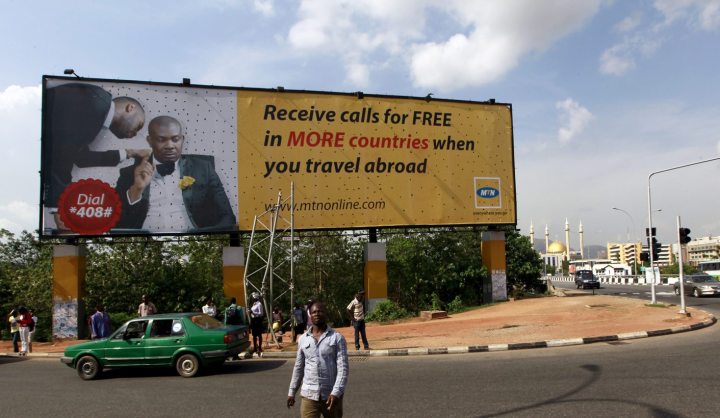Business Maverick
Are South African cellphone companies becoming a new form of African government ATM machine?

First, the Nigerian government imposed massive fines on MTN in disputed circumstances for notional regulatory infractions. Now the executives of Vodacom’s Tanzanian business have been arrested and charged with ‘economic sabotage’. Is a trend emerging of African governments targeting foreign cellphone companies?
Following the bizarre arrest and imprisonment of Vodacom’s Tanzanian CEO MD Hisham Hendi last week, SA’s cellphone companies are quietly worried that governments outside their home base are abruptly changing investment terms and imposing dubious fines in a desperate attempt to supplement government income.
The Nigerian government has in the past imposed massive fines on MTN in disputed circumstances for notional regulatory infractions, and now observers claim this approach appears to be spreading. Yet, they are also determined to comply with local laws and say the jury is still out on whether there is a pattern emerging.
The circumstances in which Vodacom’s Tanzanian MD and eight other industry figures were arrested are still vague, but they have been effectively charged with economic sabotage, a crime so serious that no bail is available. Yet, the actual loss claimed by prosecutors is a relatively modest R68-million.
According to court documents, they have been charged with unlawfully importing and installing communication equipment and distributing numbers without a licence to do so. The charges claim a “pecuniary loss” to the Government of Tanzania and the Tanzanian Communication Regulatory Authority of more than 11 billion Tanzanian Shillings, about R68-million.
Vodacom has responded coolly to the arrest, saying the Tanzanian subsidiary “will continue to co-operate with the investigation and that it upholds the highest standards of business integrity, ethics and good corporate governance”. However, the company has been forced to appoint an emergency acting MD in Jacques Marais.
Vodacom Tanzania has assured users — it has about a third of the total market — that it will continue to operate free of interruptions. However, the court case has cleaned out almost the entire c-suite of the Tanzanian business.
Those arrested include the head of revenue, Joseph Nderitu, the head of Vodacom Tanzania’s legal service Olaf Mumburi, the head of sales Joseph Muhere and finance manager Ibrahim Bonzo. Others arrested include Le Van Dai, the managing director of Halotel Tanzania, owned by Vietnam-based telecoms operator Viettel, and Sherif El Barbary, managing director of Zantel. All but one of the arrested are foreign nationals; Dai is a Vietnamese citizen, while Barbary is Egyptian.
The court documents suggest the suspects were found in illegal possession of close to 3,000 unregistered sim cards. The other suspects are from local operators named Inventure Mobile Tanzania or Tala Tanzania. Local press reports suggest the scheme involved routing international calls through a system which bypassed the local network, which would then also have bypassed international interconnection fees.
Vodacom has announced it would also be investigating the case itself and it has not ruled out that there may be a legitimate case to answer. However, the case does arise in the context of a new and tighter regulator context, which may include the mandatory listing of at least 25% of telecoms companies on the local bourse.
South African journalist and digital expert Toby Shapshak commented that after the saga in Nigeria with MTN and various fines and accusations, then something similarly bizarre in Ghana, “it does seem like some countries are targeting cellular networks”.
“Vodacom and MTN are listed companies with very strict governance rules. It’s hard to imagine a senior executive at a multinational that has numerous governance structures in place attempting something like not paying the right taxes; and certainly not to the tune of nearly US $5-million.
“You obviously never know — who does want to pay more taxes — but it does seem highly suspicious, especially after the problems Bharti Airtel had in Tanzania earlier this year (2019,” he said. DM




















 Become an Insider
Become an Insider